Eclectus parrots thrive on a diet rich in fresh fruits and vegetables, mimicking their natural rainforest foraging habits. Unlike seed-eating parrots like African Greys or Macaws, Eclectus parrots are arboreal foragers that rarely touch the ground in the wild. Feeding them the right Eclectus parrot diet is crucial for preventing obesity, liver issues, and promoting breeding success. In this guide, we’ll explore proven feeding strategies based on years of hands-on experience with these vibrant birds.
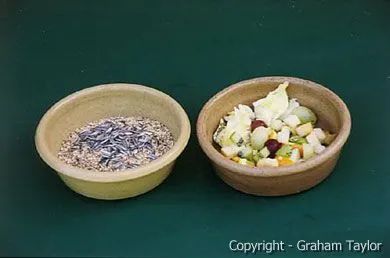 Daily amount of seeds and fruit for a pair of Eclectus Parrots
Daily amount of seeds and fruit for a pair of Eclectus Parrots
Understanding the Natural Eclectus Parrot Diet
In their native tropical rainforests of New Guinea, Solomon Islands, and northern Australia, Eclectus parrots spend their days in the tree canopy, feasting on figs, berries, nuts, and blossoms. Ground-feeding is rare—I’ve only observed it once during a severe drought while birdwatching. This arboreal lifestyle sets them apart from ground-foraging species, making seed-heavy diets a common mistake among owners.
A proper Eclectus parrot diet prioritizes fresh produce over seeds. Seeds should be minimal to avoid fat storage, which leads to overweight birds that climb instead of fly. Always ask: Would I eat it, and is it healthy for me? If not, skip it for your parrots.
Daily Fresh Fruit and Vegetable Mix
Prepare a daily Eclectus parrot diet using seasonal, pesticide-free produce. Wash everything thoroughly, even market-bought items. Dice into parrot-sized pieces—not too small, as they love carrying food back to perches.
Core ingredients include:
- Fruits: Apples, pears, bananas, kiwis, strawberries, grapes.
- Vegetables: Bell peppers (capsicum), green beans, snow peas, carrots, celery, Swiss chard stalks, mung bean sprouts, and grey sunflower sprouts.
Add cooked maize for bulk: Boil whole maize kernels until soft, rinse, and refrigerate overnight. Mix a handful into the chopped produce by hand. Serve on a washed lettuce or Swiss chard leaf in their dish.
For seeds, offer sparingly—a small budgie mix of Japanese millet, Hungarian millet, and canary seed, plus one tablespoon of grey sunflower seeds per bird. Excess sunflower leads to fatty liver syndrome, per avian veterinary guidelines.
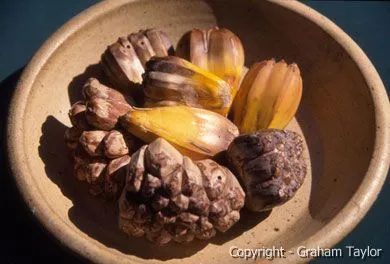 Pandanus palm fruits as part of wild Eclectus parrot diet
Pandanus palm fruits as part of wild Eclectus parrot diet
Seasonal Treats and Native Favorites
Enhance the Eclectus parrot diet with in-season delights like guavas, pomegranates, passionfruit, rock melon, pawpaw, and mangoes. My birds devour mangoes, spending hours on the pits. Chilies are a hit but moderate them to avoid digestive upset.
Native options shine: Sandpaper figs, hawthorn and cotoneaster berries, grevillea (bottlebrush) blossoms, dandelion greens (roots and flowers included). These are breeding season staples, providing natural vitamins.
For browsing, offer eucalyptus and grevillea branches twice weekly—keeps feathers pristine and birds engaged.
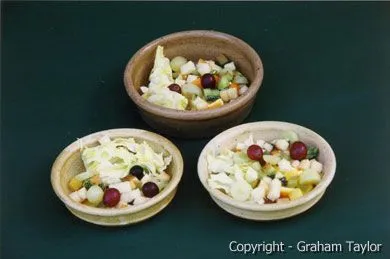 Fresh fruit and vegetable mix for daily Eclectus parrot feeding
Fresh fruit and vegetable mix for daily Eclectus parrot feeding
If you’re new to Eclectus ownership or looking to expand your flock, check out birds for sale near me by owner for healthy, locally sourced options.
Why Avoid Pellets and Seed-Heavy Diets
Pellets have surged in popularity, but they’re unsuitable for Eclectus parrots. Unknown ingredients and synthetic vitamins risk liver overload—natural diets provide ample nutrition without excess. The Association of Avian Veterinarians (AAV) echoes this: Fresh foods support better long-term health than processed feeds.
Seeds mimic ground-feeders’ diets, not Eclectus habits. Overfeeding leads to obesity; monitor portions closely.
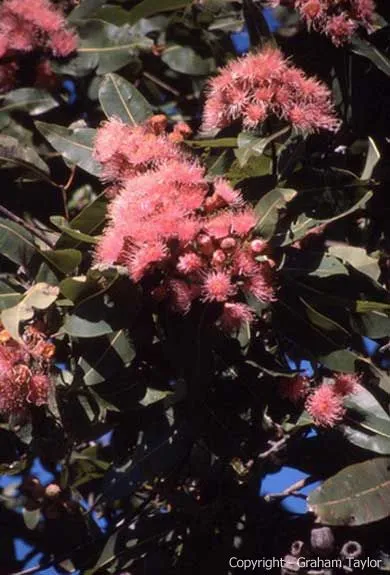 Western Australian Flowering Gum blossoms and nuts for Eclectus foraging
Western Australian Flowering Gum blossoms and nuts for Eclectus foraging
Food Prep Best Practices
Hygiene is key in any Eclectus parrot diet routine. Dedicate a clean prep area, like the one at Pearl Coast Zoo in Broome, Australia.
Experts like breeder Dean Moser swear by daily fresh mixes. Here’s a sample routine:
- Morning chop fruits/veggies.
- Mix with pre-cooked maize.
- Serve with minimal seeds on greens.
- Rotate natives and treats.
This approach, refined over decades, yields vibrant, breeding-ready birds.
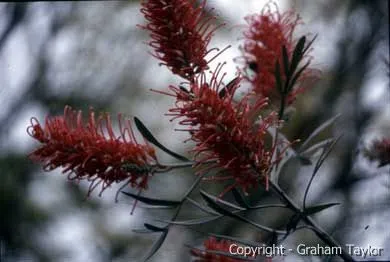 Australian bottlebrush blossoms as a natural food source for Eclectus parrots
Australian bottlebrush blossoms as a natural food source for Eclectus parrots Food preparation room setup for Eclectus parrot diets
Food preparation room setup for Eclectus parrot diets
Favorite Fruits: Guava and Passionfruit
Guavas and yellow passionfruit top the list—feed regularly for joy and nutrition. Eclectus parrots shred guavas eagerly, mimicking wild behaviors.
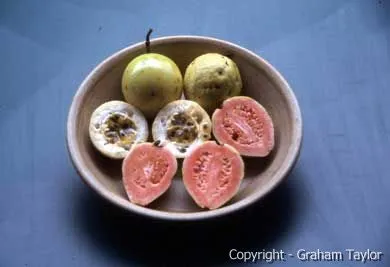 Guava and passionfruit as favorite treats in Eclectus parrot diet
Guava and passionfruit as favorite treats in Eclectus parrot diet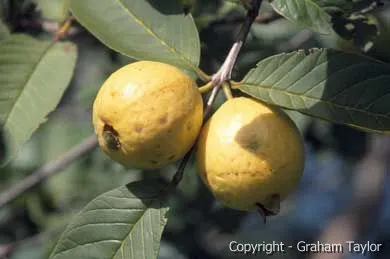 Close-up of guava fruit favored by Eclectus parrots
Close-up of guava fruit favored by Eclectus parrots
Pro Tips from Experienced Breeders
Dean Moser’s mix exemplifies success: Fresh, varied, low-seed. During breeding, amp up greens and blossoms for calcium and stimulation.
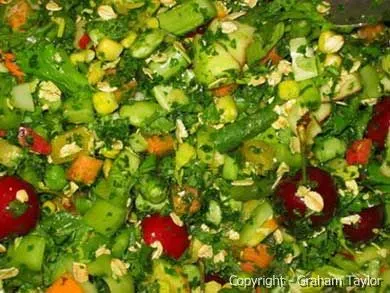 Dean Moser's daily fresh fruit and vegetable mix for Eclectus parrots
Dean Moser's daily fresh fruit and vegetable mix for Eclectus parrots
Supplements? Rarely needed—consult an avian vet like those certified by the American Board of Veterinary Practitioners (ABVP).
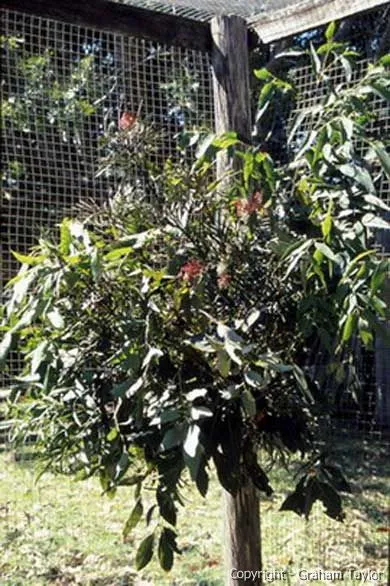 Eucalyptus and Grevillea branches for weekly Eclectus parrot browsing
Eucalyptus and Grevillea branches for weekly Eclectus parrot browsing
Mastering the Eclectus parrot diet demands consistency and common sense. Prioritize fresh, natural foods to keep your birds healthy, active, and colorful. Start with small batches, observe preferences, and adjust seasonally. For tailored advice, consult a certified avian veterinarian. Ready to optimize your flock’s nutrition? Share your feeding tips in the comments or explore more bird care resources today!
References
- Association of Avian Veterinarians (AAV): Guidelines on parrot nutrition.
- American Board of Veterinary Practitioners (ABVP): Avian health recommendations.
- Field observations from Pearl Coast Zoo, Broome, Australia.
